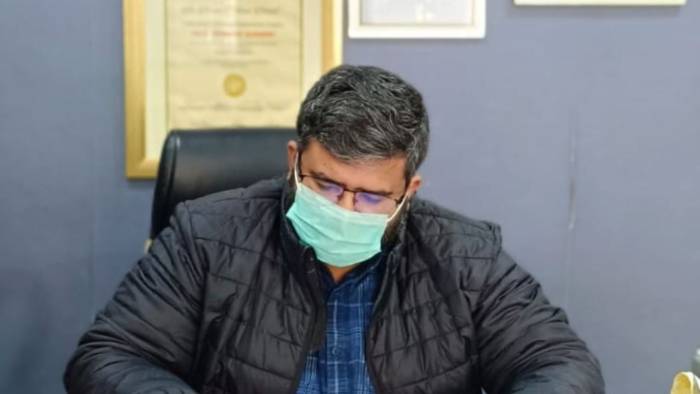
Are Gastroenterologists Trained Surgeons Understanding Their Roles
When facing digestive health issues, many patients wonder if they need to see a gastroenterologist or a surgeon. The confusion often arises from the overlapping areas of expertise between these two medical specialists. To clarify, not all gastroenterologists are surgeons. This blog delves into the distinctions between these two roles, helping you understand when to consult a gastroenterologist in Agra or when surgical intervention may be necessary.
What Does a Gastroenterologist Do?
A gastroenterologist is a medical doctor specializing in the diagnosis, treatment, and management of conditions affecting the gastrointestinal (GI) tract. These are the esophagus, stomach, intestines, liver, pancreases and the gall bladder. Their expertise lies in non-surgical approaches to treat disorders such as:
- Acid reflux and GERD
- Irritable Bowel Syndrome (IBS)
- Crohn’s disease and ulcerative colitis
- Hepatitis
- Gallstones and liver diseases
The best gastroenterologist in Agra uses advanced diagnostic tools like endoscopy, colonoscopy, and imaging studies to identify and manage these conditions. Importantly, these procedures are diagnostic and therapeutic but are not classified as surgeries.
What Does a Surgeon Specialize In?
Surgeons, on the other hand, are trained to perform operative procedures to treat conditions that cannot be managed through medication or minimally invasive techniques. General surgeons often handle a variety of procedures, including those related to the GI tract, such as:
- Appendectomy (removal of the appendix)
- Hernia repairs
- Gallbladder removal (cholecystectomy)
- Treatment of colorectal cancer
Some surgeons further specialize as gastrointestinal surgeons to address complex GI-related issues that require advanced surgical techniques.
The Overlap Between Gastroenterologists and Surgeons
While gastroenterologists focus on diagnosing and treating GI disorders without surgery, there is some overlap in their work. For example:
- Endoscopic Procedures: Gastroenterologists often perform procedures like polyp removal during a colonoscopy or endoscopic dilation of narrowed areas in the GI tract. These are minimally invasive and do not require traditional surgery.
- Collaborative Care: When a gastroenterologist identifies a condition that requires surgical intervention, such as a tumor or severe gallstones, they work closely with a surgeon to ensure the patient receives appropriate care.
When to See a Gastroenterologist in Agra
If you’re experiencing symptoms such as persistent abdominal pain, bloating, acid reflux, or unexplained weight loss, it’s time to consult a gastroenterologist. They are skilled in evaluating symptoms and providing personalized treatment plans.
Choosing the best gastroenterologist ensures access to top-notch diagnostic facilities and evidence-based treatments. They can guide you on whether surgical consultation is necessary or if non-surgical methods are sufficient for your condition.
Conclusion
In summary, not all gastroenterologists are surgeons. Gastroenterologists focus on diagnosing and managing GI disorders using non-surgical methods, while surgeons step in when operative intervention is needed. Understanding the distinction helps you make informed decisions about your healthcare.
Consult Dr. Karan R. Rawat at Safe Surgery Center for expert surgical care and compassionate treatment. Experience world-class healthcare tailored to your needs.



